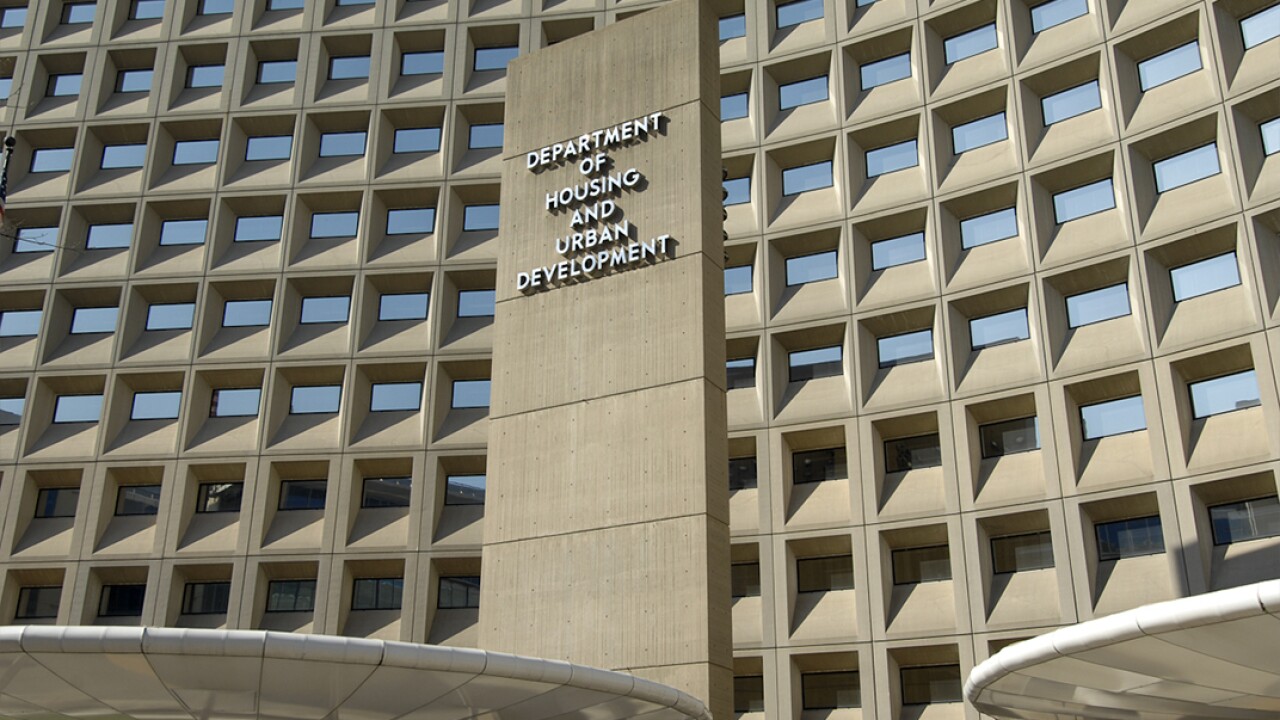
Mortgage servicers are bracing for an eventual hike in interest rates, aware that it will likely lead to a sharp drop-off in refinancings and a substantial hit to profits.
But they also are concerned about capital requirements and compliance costs that are putting the squeeze on profits and particularly small servicers.
Under mark-to-market accounting rules, servicers are required to put up more capital against their mortgage servicing rights as rates rise and the duration and value of their rights increase.
"That will absorb a lot of capital that won't be available to support new servicing assets," said David Stevens, president and chief executive of the Mortgage Bankers Association, in an interview.
The servicing industry is also facing higher capital requirements under the Basel III accord that are being phased in. Additionally, the Federal Housing Finance Agency has spelled out new capital requirements for Fannie Mae and Freddie Mac mortgage servicers that go into effect Dec. 31.
"The Basel III capital requirements have resulted in a major shift as large and small banks that specialize in mortgage banking transfer large quantities of servicing rights to nondepository institutions," according to the American Bankers Association.
The group estimates that banks and thrifts have reduced their mortgage servicing assets by half since 2008 from $84 billion to $40 billion. MBA estimates the cost of servicing mortgages has tripled since 2008 due to regulations and compliance requirements, not including capital.
There is plenty of capacity in the servicing industry today, according to MBA chairman Mike Cosgrove. "The industry is profitable and willing to invest in mortgage servicing rights,” he said at a Ginnie Mae conference recently in Arlington, Va.
But that might not be true in two or three years, he said.
"As rates start to rise, there could be a capacity issue in terms of available buyers for MSRs," he warned.
Cosgrove is the owner and chief executive of Union Home Mortgage in Strongsville, Ohio.
Michael Nierenberg, chief executive and president of New Residential Investment Corp., expects a rising rate environment will make it more challenging for small nonbank servicers to be profitable.
"Servicers are often not fully compensated for the cost of servicing delinquent loans, especially legacy loans that were originated during the housing boom. As a result, we expect this will drive more consolidation around larger nonbank servicers," Nierenberg said in an interview.
One way of dealing with these legacy loans is through clean-up calls on nonagency mortgage-backed securities.
New Residential is a real estate investment trust that invests in residential MBS, excess servicing rights and servicer advances. The New York-based firm has partnerships with nonbank servicers Nationstar Mortgage Holdings Inc. and Ocwen Financial Corp.
The mortgage REIT also owns clean-up call rights on nonagency RMBS deals with an unpaid principal balance of $200 billion. In the second quarter, it executed call rights on 18 legacy nonagency deals with a total unpaid principal balance of $369 million.
The clean-up call rights allow the owner to collapse a mortgage trust, resecuritize the performing loans and sell them at a premium. In addition, the servicing fee can be reset to cover the costs of working the remaining delinquent loans.
"This will not only help mortgage servicers but also provide a better quality of servicing to delinquent borrowers," Nierenberg said. "It would be great for the industry if we can find a way to clean up the legacy mortgage market and work through all the outstanding delinquent loans."





